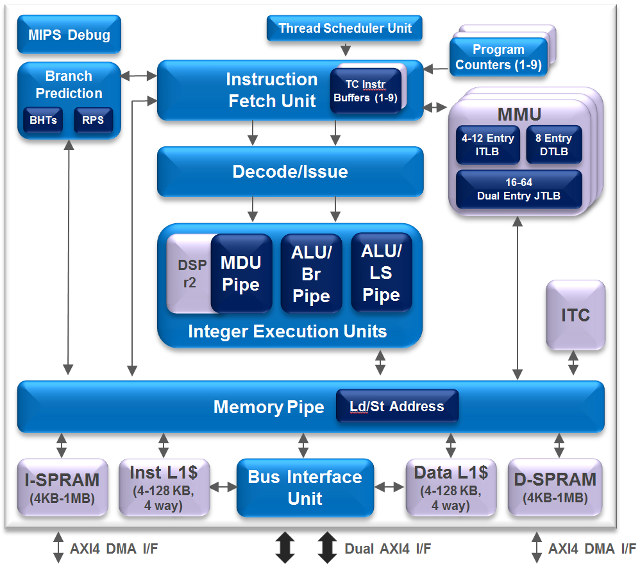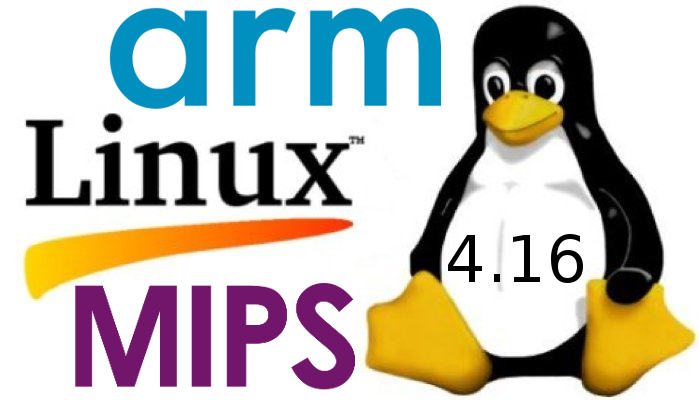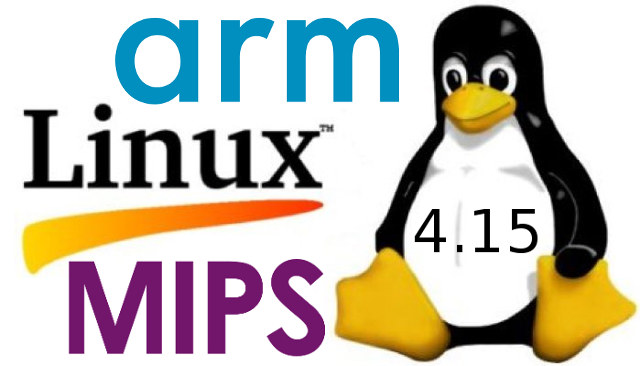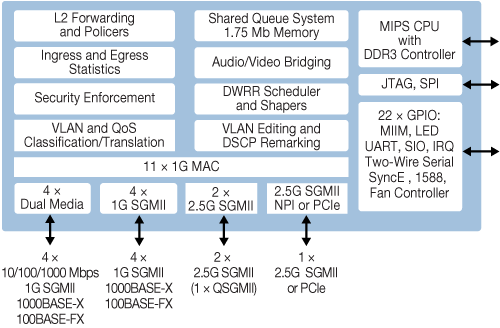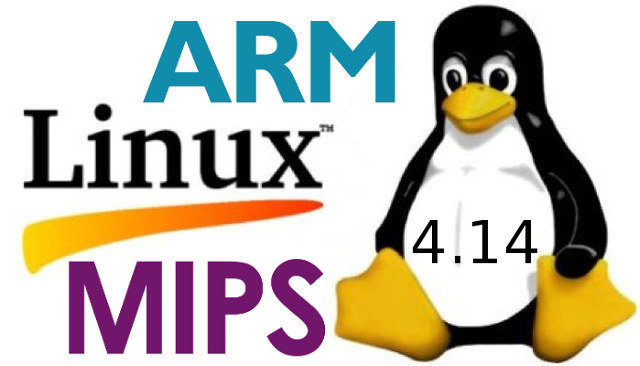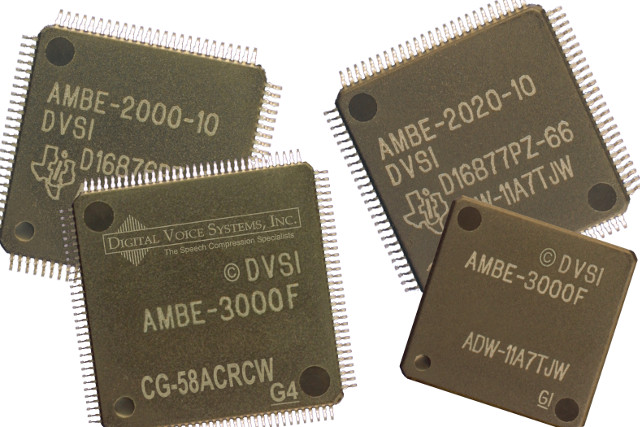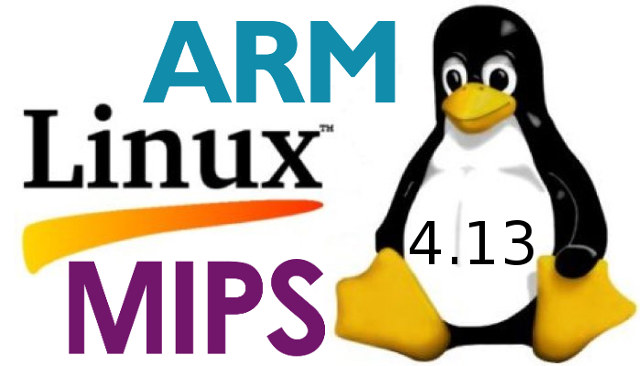MIPS has recently unveiled the I7200 multi-threaded multi-core processor for advanced LTE/5G communications and networking SoCs, which also happens to be the first MIPS core based on the new nanoMIPS 32-bit ISA. nanoMIPS is a variable instruction length ISA consisting of 16/32/48-bit instructions and various other optimizations that enables performance in the smallest code size. MIPS I7200 core features: 32-bit nanoMIPS Instruction Set Architecture with MIPS DSP ASE optimized instruction set extensions for integer DSP and 32-bit SIMD operations Balanced, 9-stage, dual-issue pipeline with Vertical Multi-Threading (VMT) Superscalar on a single thread per cycle Zero overhead context switching – can switch threads every clock cycle Implements MIPS MT ASE – can implement up to 3 fully OS visible Virtual Processor Elements (VPEs) per core, and up to 9 lightweight thread contexts (TCs) per core, assignable to the VPEs Configurable memory subsystem Support for caches, tightly coupled ScratchPad RAM (SPRAM), or […]
Linux 4.16 Release – Main Changes, Arm and MIPS Architectures
Linus Torvalds has just released Linux 4.16: So the take from final week of the 4.16 release looks a lot like rc7, in that about half of it is networking. If it wasn’t for that, it would all be very small and calm. We had a number of fixes and cleanups elsewhere, but none of it made me go “uhhuh, better let this soak for another week”. And davem didn’t think the networking was a reason to delay the release, so I’m not. End result: 4.16 is out, and the merge window for 4.17 is open and I’ll start doing pull requests tomorrow. Outside of networking, most of the last week was various arch fixlets (powerpc, arm, x86, arm64), some driver fixes (mainly scsi and rdma) and misc other noise (documentation, vm, perf). The appended shortlog gives an overview of the details (again, this is only the small stuff in […]
Linux 4.15 Release – Main Changes, Arm and MIPS Architectures
Linus Torvald has released Linux 4.15 last Sunday: After a release cycle that was unusual in so many (bad) ways, this last week was really pleasant. Quiet and small, and no last-minute panics, just small fixes for various issues. I never got a feeling that I’d need to extend things by yet another week, and 4.15 looks fine to me. Half the changes in the last week were misc driver stuff (gpu, input, networking) with the other half being a mix of networking, core kernel and arch updates (mainly x86). But all of it is tiny. So at least we had one good week. This obviously was not a pleasant release cycle, with the whole meltdown/spectre thing coming in in the middle of the cycle and not really gelling with our normal release cycle. The extra two weeks were obviously mainly due to that whole timing issue. Also, it is […]
Microsemi VSC7513 and VSC7514 MIPS SoCs for Ethernet Switches Get Initial Mainline Linux Support
Microsemi VSC7514 is a 10-port Gigabit Ethernet (GbE)/SMB switch supporting a combination of 1G and 2.5G Ethernet ports, and VSC7513 comes with basically the same features except it’s limited 8 ports. Both SoCs include a MIPS processor with DDR3 memory interface, and support industrial and enterprise Ethernet switching features such as VLAN and QoS processing. Microsemi VSC751x Ocelot family was unveiled in June 2016, but I only heard about them today, as Free Electrons recently added initial support for VSC7513 & VSC7514 chip into mainline Linux with the patch series available here. Microsemi VSC7514 specifications & features: CPU / Memory Interface – Integrated 500 MHz MIPS 24KEc CPU with MMU and DDR3/DDR3L SDRAM controller Ethernet Connectivity – 4x dual media copper ports, 2x 1G SGMII ports, and 2x 1G/2.5G SGMII ports Host CPU Interfaces – PCIe 1.x and NPI CPU interface Internal shared memory buffer (8 queues per port) Jumbo […]
Linux 4.14 Release – Main Changes, ARM & MIPS Architecture
Linus Torvalds has announced the release of Linux 4.14: No surprises this week, although it is probably worth pointing out how the 0day robot has been getting even better (it was very useful before, but Fengguang has been working on making it even better, and reporting the problems it has found). Sure, some of the new reports turned out to be just 0day doing things that just don’t work (ie KASAN with old gcc versions, but also doing things like loading old ISA drivers in situations that just don’t make sense – remember when you couldn’t even ask if the hardware existed or not, and just had to know), but even then it’s been all good. The appended shortlog is obviously only for the (small) haul since rc8, and it really is tiny. Not very many commits, and they are small. The biggest thing that stands out in the diffstat […]
AMBE+2 Vocoder Promises High Voice Quality at Low (2.0 to 9.6 Kbps) Data Rates
Opus 1.2 open source audio codec was release a few months ago with the ability to deliver low power low high-quality audio bitrate for speech with bitrates as low as 12 Kbps. Digital Voice Systems (DVSI) claims to have gone even lower thanks to their AMBE+2 vocoder (Advanced MultiBand Excitation) providing high-quality speech at data rates from 2.0 to 9.6 kilobytes per second. AMBE+2 vocoder is said to outperform the company’s previous generation AMBE+ Vocoder as well as the G.729 and G.726 vocoders, while operating at only 4.0 Kbps. The vocoder is suitable for mobile radio, secure voice, satellite communication, computer telephony, digital voice and storage applications The solution can be integrated into product either using software licensing, or through Vocoder chips, and the company lists the following key benefits: Maintains speech intelligibility and speaker recognition at rates as low as 2.0 kbps Resistant to background noise and channel bit errors […]
Linux 4.13 Release – Main Changes, ARM & MIPS Architectures
Linus Torvalds has just announced the release of Linux 4.13 and a kidney stone…: So last week was actually somewhat eventful, but not enough to push me to delay 4.13. Most of the changes since rc7 are actually networking fixes, the bulk of them to various drivers. With apologies to the authors of said patches, they don’t look all that interesting (which is definitely exactly what you want just before a release). Details in the appended shortlog. Note that the shortlog below is obviously only since rc7 – the _full_4.13 log is much too big to post and nobody sane would read it. So if you’re interested in all the rest of it, get the git tree and limit the logs to the files you are interested in if you crave details. No, the excitement was largely in the mmu notification layer, where we had a fairly last-minute regression and […]
Linux 4.12 Release – Main Changes, ARM & MIPS Architectures
Linus Torvalds has just released Linux 4.12: Things were quite calm this week, so I really didn’t have any real reason to delay the 4.12 release. As mentioned over the various rc announcements, 4.12 is one of the bigger releases historically, and I think only 4.9 ends up having had more commits. And 4.9 was big at least partly because Greg announced it was an LTS kernel. But 4.12 is just plain big. There’s also nothing particularly odd going on in the tree – it’s all just normal development, just more of it that usual. The shortlog below is obviously just the minor changes since rc7 – the whole 4.12 shortlog is much too large to post. In the diff department, 4.12 is also very big, although the reason there isn’t just that there’s a lot of development, we have the added bulk of a lot of new header files […]


